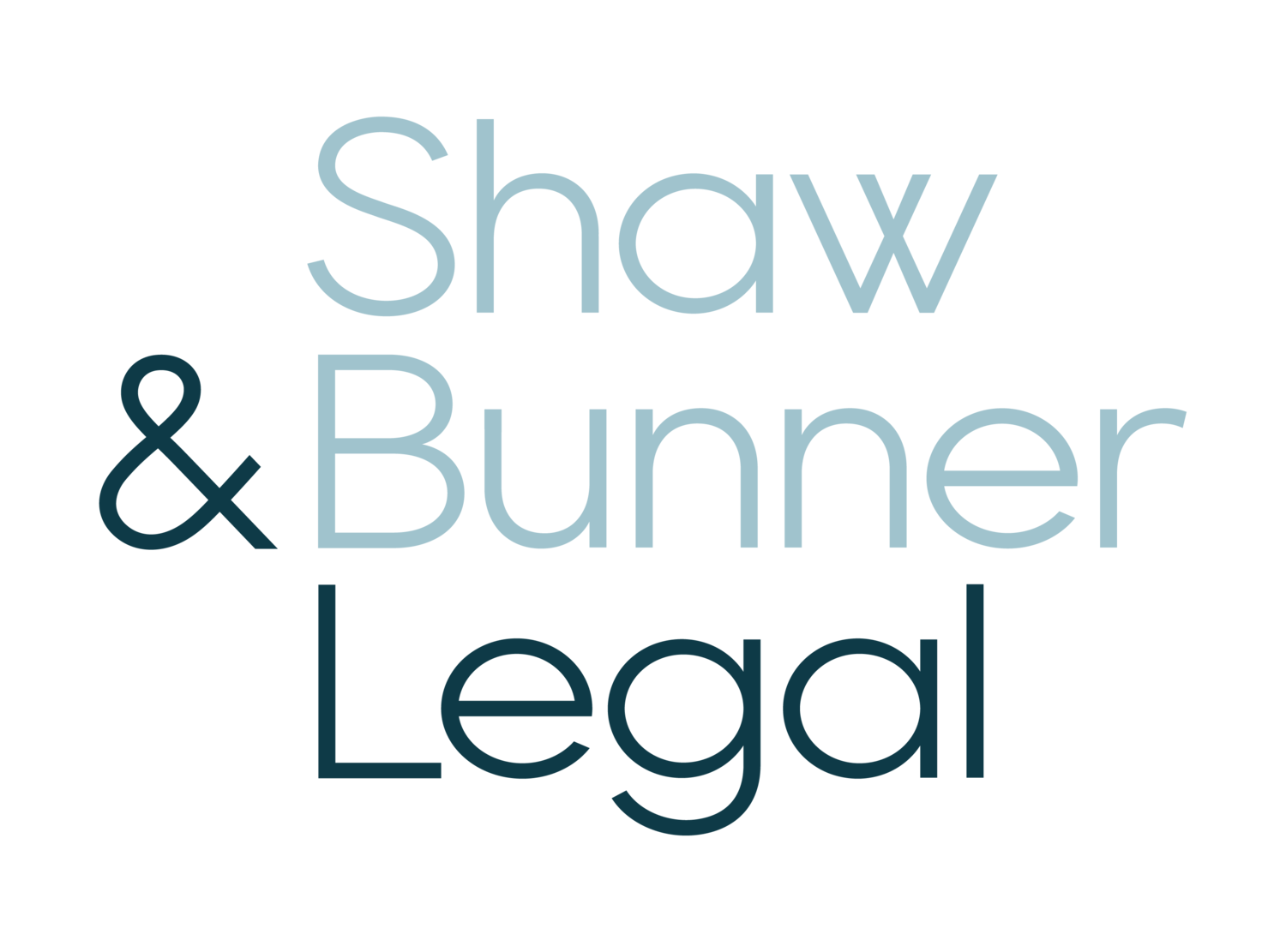Social Media and Personal Injury Claims - What You Need to Know
Social media plays a part in everyday life. Whilst it is a way for people to share aspect of their lives with others, it is important to appreciate that the information and material shared online could be used as evidence in legal proceedings.
There have been a number of recent personal injury cases in which Courts have admitted, and considered, evidence from a Plaintiff’s social media account. In many cases, it has become common for an insurer to perform a ‘social media audit’ on a Plaintiff.
If you have a current personal injury claim and are regularly using social media, there are some key things to be mindful of:-
1. Courts can often interpret evidence in different ways. A post or photo on social media could be harmful to your case if it appears to contradict what you are claiming.
2. People generally do not post complaints and negative comments on social media. Pain levels and emotions associated with an injury are generally private and people do not feel comfortable to share; we therefore often see a “highlight reel” of your current life and circumstances.
3. Most people naturally or subconsciously show themselves in the best or most positive way possible on social media in order to make a favourable impression. In doing so, they may come across as less effected by their injury than they actually are.
4. This can often be detrimental if used as evidence in your personal injury claim. For example, one aspect is compensation for pain and suffering and a Court will you for the impact the injury has had on your recreational activities, social life and mental well being.
5. In a claim, you will be assessed by doctors on behalf of the insurer at which time you will explain your current symptoms and restrictions. If the insurer then subsequently locates images on social media that appear to contradict you, these images may cause a Court not to accept your evidence as to the impact of your injuries.
6. This may also likely effect what the insurer is prepared to pay you to settle your claim and influence any settlement discussions.
7. We are not suggesting that you hide your activities if you wish to post on social media however keep in mind that certain photos and comments, without context, may tell a different picture to the reality. If you are going to post on social media, be careful to consider your posts and be aware that a seemingly innocent post could potentially harm your claim.
8. Be mindful of photos or comments made by your friends and family which “tag” you into the post. These posts could be used in the same way
9. We also recommend that you do not post about the accident itself. You should be careful posting any comment that describes how the accident occurred. We also recommend that you do not post comments regarding the progress of your claim or the legal advice you have received, as this could waive legal professional privilege.
If you have any questions regarding a personal injury claim or the potential use of social media as evidence, reach out to our team today for a free, no – obligation discussion regarding your claim.

